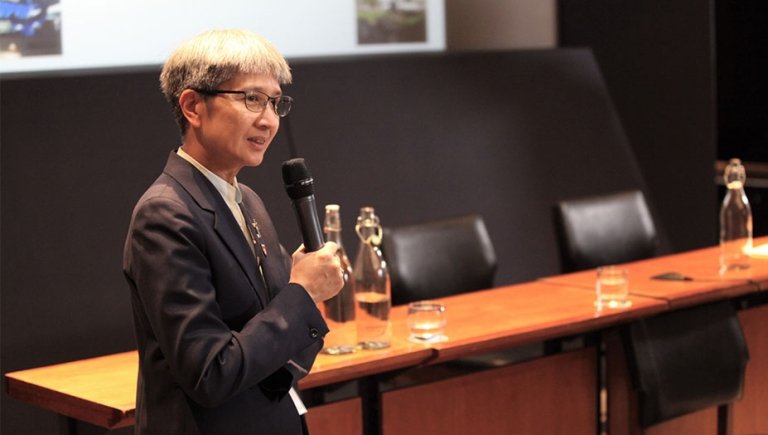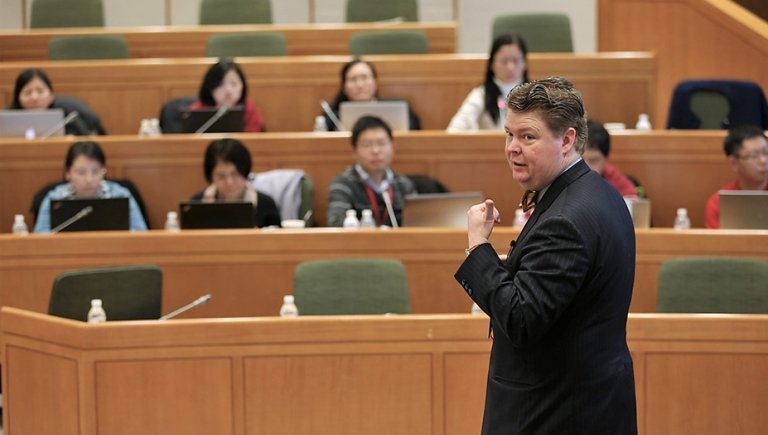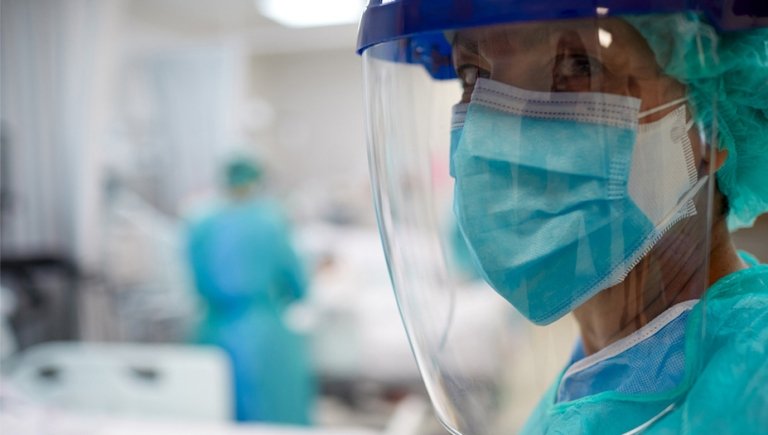All Insights
Exploring the science, practice, and business of medicine.
Exploring the science, practice, and business of medicine.
Showing 10 out of 56 Insights
Epi’ means upon and ‘demos’ means people. The word ‘epidemic’ means something that falls upon people. This definition reflects one of the basic ideas of modern epidemiology, which is to look at diseases at the level of populations.

The last two years have required making sudden adjustments in response to COVID-19, social issues, and tensions. To move forward on these complex challenges demands new stretches in our capacity and invites us to grow at the frontier of our competence.

Health care leaders with high achievement drives must balance work and personal life. Thomas DeLong, PhD advises focusing on self-awareness, closing value gaps, accepting uncontrollable factors, and practicing patience.

Adaptive leadership, as per Ashraf Hegazy, emphasizes leadership as an activity for systemic change. It requires stakeholder involvement, challenging norms, and balancing discomfort for sustainable results.

Discover how a vascular surgeon found their true calling, combining passion, empathy, and groundbreaking innovation to redefine patient care.

Prioritizing wellness in health care organizations enhances employee well-being, improves patient care, and fosters a healthier work environment with better outcomes.

Master the art of formulating impactful research questions and selecting appropriate study methods in medical research

Discover four essential tips to transform your health care writing by enhancing clarity, engaging your audience, and refining your communication skills.

Building a strong network of like-minded colleagues is key to advancing in clinical research, unlocking opportunities, and reaching career goals.

Lean methodology, originally from the automotive industry, has been adapted in health care to improve patient outcomes, cut costs, and reduce waste. It focuses on continuous improvement, eliminating waste, and valuing frontline staff as key problem-solvers. Successful lean implementation requires leadership support, staff involvement, and a cultural shift, with the aim of making small, ongoing improvements that transform health care delivery.
